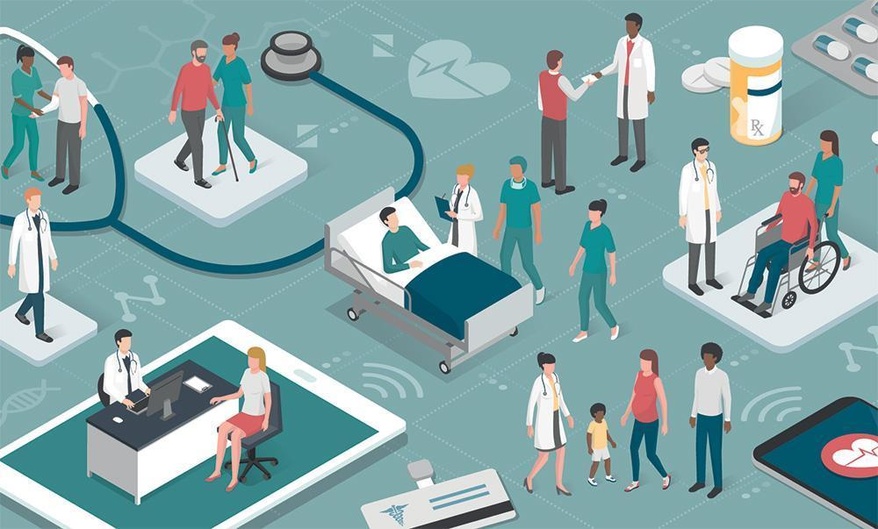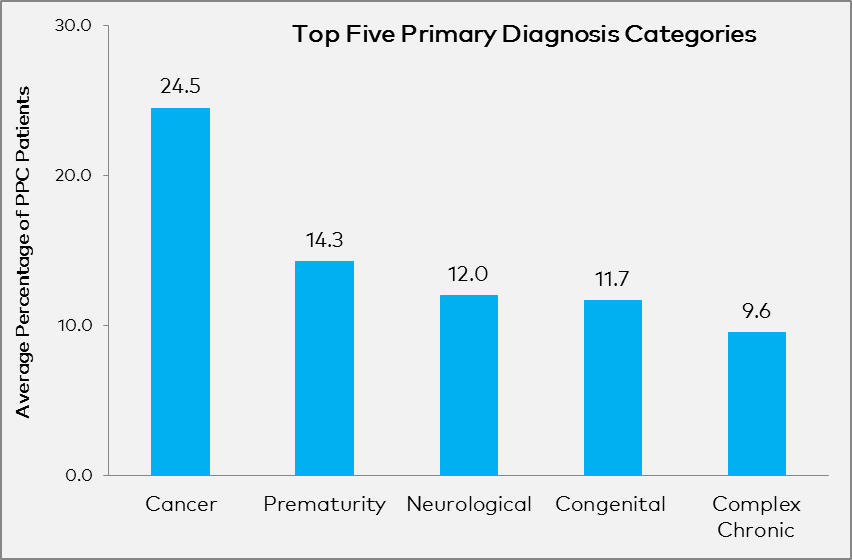
If you don't have a degree, you can still find many job opportunities in the hospital. These positions include Licensed practical nurses, Occupational therapy assistants, Paramedics, and Cardiovascular technologists. Internship and volunteer opportunities for high school graduates are great ways to learn new skills and get experience. If you have a GED, you can still work in the hospital and gain valuable experience.
Practical nurses with licensure
LPNs are registered nurses or doctors who assist with basic patient care tasks. Their duties could include monitoring blood pressure and administering prescribed medicines. They can also assist with basic tasks such as toileting, bathing, and feeding. These nurses might be able communicate with patients about their specific needs and may even speak to them. They may also supervise nursing assistants. Licensed practical nurses are often the first line of communication for patients in a hospital.
LPNs are often employed in hospitals but they can also be found in physician offices, government facilities, and home healthcare agencies. LPNs may have different duties, depending on the state. Some states allow LPNs access to IV drips and medication giving. LPNs can't start IV drips. They may need to supervise LVNs.

Assistants in occupational therapy
An occupational therapy assistant needs to be kind, compassionate, detail-oriented and have excellent interpersonal skills. They must understand patients' needs and communicate well with their families. Aside from this, they need to be flexible and have moderate physical strength. They might be required to sit or kneel for extended periods.
Occupational therapy assistants work in hospitals and other health care settings where they interact with patients. While they are not legally regulated, many become occupational therapy therapists after just a few years. These aides also learn about healthcare industry management and professional best practices. They may also be able to take courses that will help them improve their clinical reasoning. If you feel a strong desire for helping others, occupational therapy could be the career for you.
Paramedics
Paramedic jobs don't require you to have a college education. While employers will prefer candidates with a degree to paramedic jobs, not all employers are looking for the brightest and most educated. The likelihood that someone with a degree is more educated and makes more money is higher for those with degrees. Below are reasons you should hire paramedics who have a degree. Listed below are some pros and cons of a degree program.
You can work in an ambulance, or in a hospital emergency department if you are a paramedic. These jobs are not the only ones available. There are also other possibilities. These careers include search andrescue, firefighting, or even working at resorts. Be aware of the particular requirements of each job. You should consider the training and education requirements of each organisation and state.

Cardiovascular technologists
Cardiovascular technologist can be a great job choice if you're looking for work in the medical industry. The job description isn't comprehensive but covers many duties. They are often responsible for performing different tests in hospitals. A professional in this field requires great communication skills. Communication skills are essential for any interaction with patients, nurses, doctors or other healthcare professionals.
Education is important for anyone who wants to work in hospitals or in medical technology. Entry-level cardiac technologists are often responsible for tasks less difficult like taking medical histories, conducting EKGs, stress testing, and performing EKGs. More experienced cardiologists support physicians in more complex medical procedures. To be eligible for a more senior position, you will need an Associate's Degree.
FAQ
What does the term "health care" mean?
It is the provision of services for maintaining good physical and psychological health.
What does "public" mean in public health?
Public Health refers to the preservation and enhancement of the health status of the community. It is concerned with preventing diseases, injuries, and disabilities, as well as promoting healthy lifestyles; ensuring adequate nutrition; controlling communicable diseases, hazards to the environment, and behavioral risk.
What information should I have about immunizations
Immunization is the process that stimulates the immune response to a vaccination. Immunization is the process by which the body makes antibodies (immunoglobulins), that protect against infection.
What does "health promotion" mean?
Health promotion is helping people live longer, stay well, and be healthier. It emphasizes preventing sickness and not treating existing conditions.
It also includes:
-
Eating right
-
Get enough sleep
-
exercising regularly
-
Staying active is key to staying fit
-
Not to smoke
-
managing stress
-
Keeping up with vaccinations
-
avoiding alcohol abuse
-
Regular checkups and screenings
-
Learn how to deal with chronic illnesses.
What should I know regarding vaccines?
Vaccines are a safe and effective way to protect your health. Vaccines work by protecting you against certain diseases. Vaccinations should be administered at specific times, such as during childhood, adolescence and adulthood. Your doctor will discuss when it is best to get vaccinated.
How can my family have access to high-quality health care?
Your state will probably have a department of health that helps ensure everyone has access to affordable health care. There are programs that cover low-income families and their children in some states. For more information on these programs, contact the Department of Health of your state.
What are you opinion on the most pressing issues in public health?
Many people are affected by obesity, diabetes and heart disease. These conditions are responsible for more deaths each year than AIDS, car accidents, and murders. In addition, poor diet, lack of exercise, and smoking contribute to high blood pressure, stroke, asthma, arthritis, and other problems.
Statistics
- The healthcare sector is one of the largest and most complex in the U.S. economy, accounting for 18% of gross domestic product (GDP) in 2020.1 (investopedia.com)
- Over the first twenty-five years of this transformation, government contributions to healthcare expenditures have dropped from 36% to 15%, with the burden of managing this decrease falling largely on patients. (en.wikipedia.org)
- The health share of the Gross domestic product (GDP) is expected to continue its upward trend, reaching 19.9 percent of GDP by 2025. (en.wikipedia.org)
- Foreign investment in hospitals—up to 70% ownership- has been encouraged as an incentive for privatization. (en.wikipedia.org)
- For the most part, that's true—over 80 percent of patients are over the age of 65. (rasmussen.edu)
External Links
How To
What are the key segments in the Healthcare Industry?
The healthcare industry is made up of key segments such as medical devices, pharmaceuticals and diagnostics, biotechnology, therapy, health information technology, medical equipment, and other medical devices.
Blood pressure monitors, defibrillators and stethoscopes are all medical devices. These devices are often used to diagnose, treat, or prevent diseases.
Pharmaceuticals are medicines that are prescribed to cure disease or relieve symptoms. Antibiotics, antihistamines (or contraceptives), are just a few examples.
Diagnostics are tests done by laboratories to determine illness or injury. Examples include blood tests, urine samples, CT scans, MRI scans, X-rays, etc.
Biotechnology refers the process of creating useful substances from living organisms such as bacteria. There are many examples, including vaccines, insulin, or enzymes.
Therapeutics are the treatment of diseases and symptoms that is administered to people to relieve them. These treatments can include drugs, radiation therapy and surgical interventions.
Health information technology includes computer software programs that help physicians, and their teams manage data related to patient records. It helps doctors and their teams track which medications are being used, when they should have been taken, and if they work properly.
Medical equipment is anything used to diagnose, treat, or monitor conditions or illnesses. Dialysis machines, pacemakers and ventilators are just a few examples.